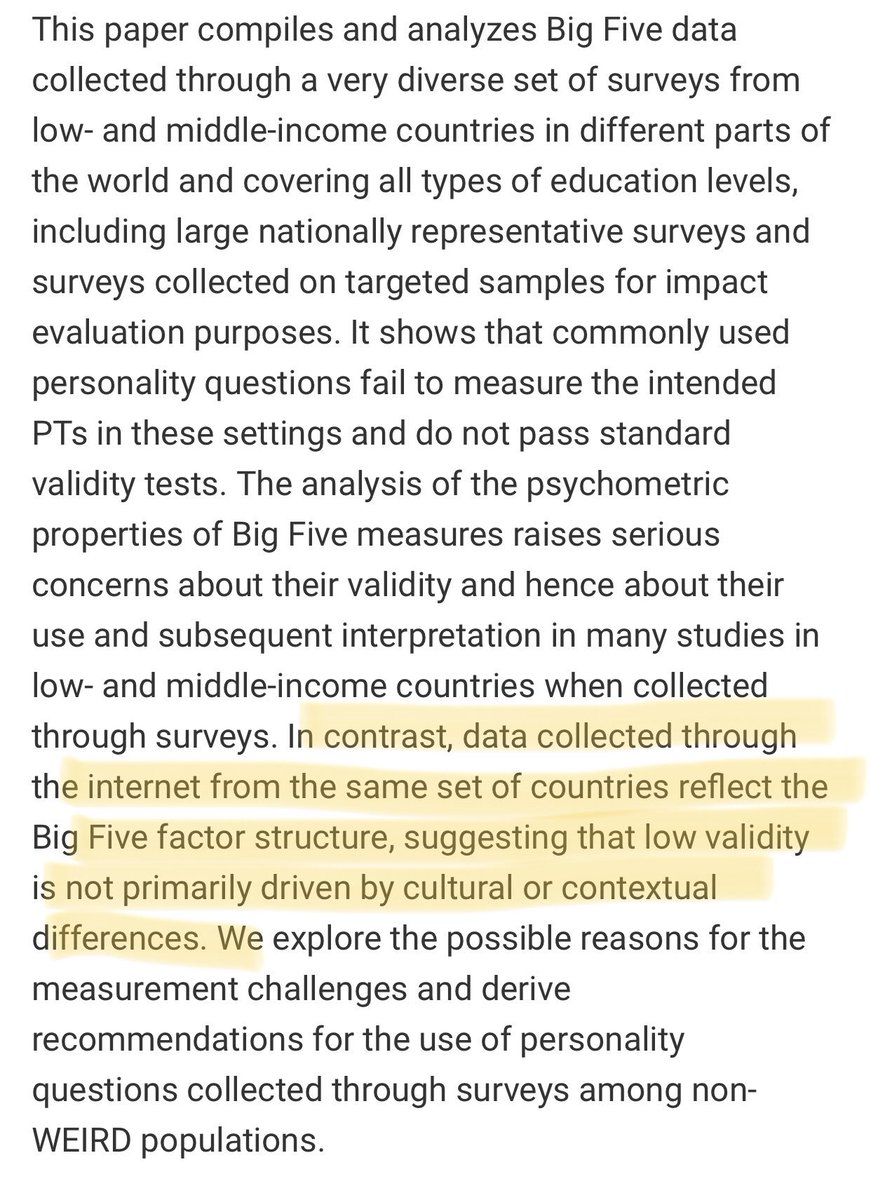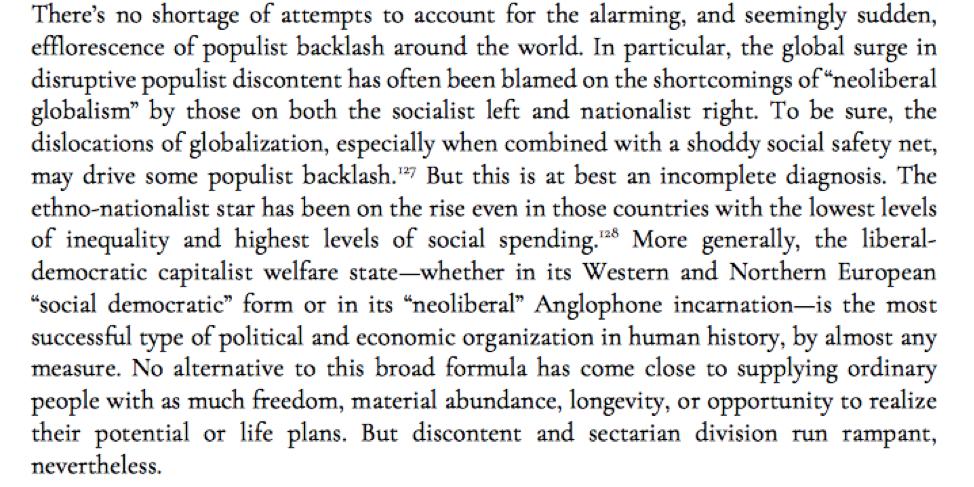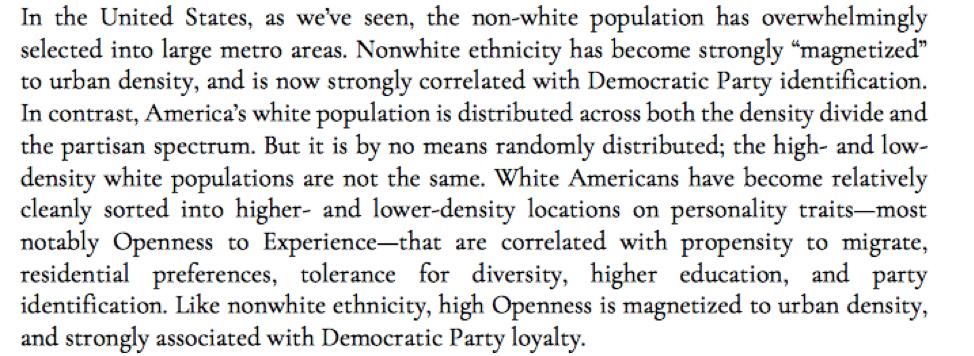This article is a fantastic example of misleading and inaccurate science reporting. [THREAD] 1/
blogs.discovermagazine.com/d-brief/2019/0…
Well, no. The research article shows primarily a methodological problem, not a cultural problem, with the FFM. 2/
Note. The article refers to the face-to-face dataset as the “survey data” or STEP data throughout. 3/
Misrepresenting data to fit a narrative only serves to increase skepticism of real issues & increases public mistrust of scientists. /end













